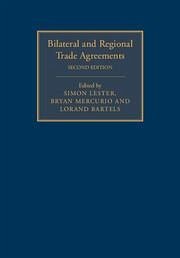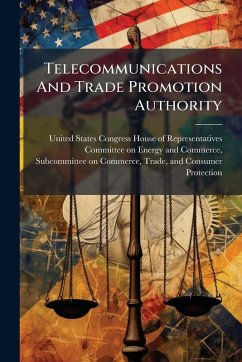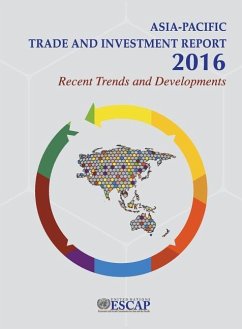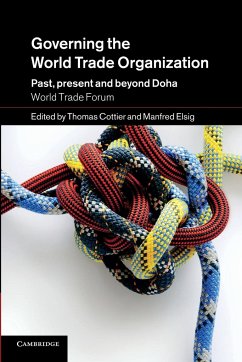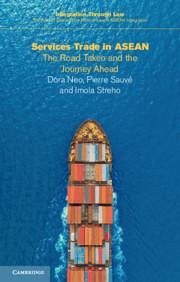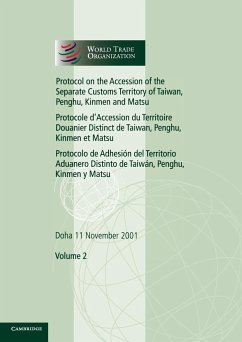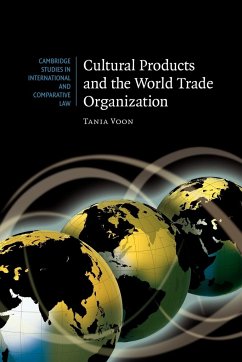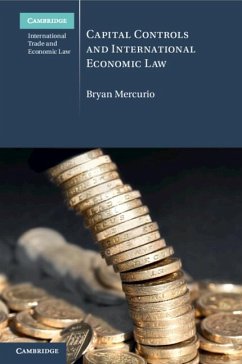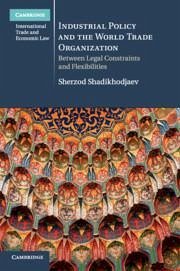
Industrial Policy and the World Trade Organization
Versandkostenfrei!
Versandfertig in über 4 Wochen
41,99 €
inkl. MwSt.
Weitere Ausgaben:

PAYBACK Punkte
21 °P sammeln!
The severe global financial crisis of 2008 could not be overcome without government interventions through industrial policy. This timely book analyses industrial policy from the perspectives of trade law and economics under the WTO system. The author expertly examines both general tools of protecting and supporting domestic producers and specific topics like special economic zones, localization, greening measures and creative economy. In addition to legal texts and jurisprudence, this book extensively utilizes other WTO materials to show what is actually discussed in WTO meetings and forums on...
The severe global financial crisis of 2008 could not be overcome without government interventions through industrial policy. This timely book analyses industrial policy from the perspectives of trade law and economics under the WTO system. The author expertly examines both general tools of protecting and supporting domestic producers and specific topics like special economic zones, localization, greening measures and creative economy. In addition to legal texts and jurisprudence, this book extensively utilizes other WTO materials to show what is actually discussed in WTO meetings and forums on relevant issues. Where applicable, the author advances practical recommendations for 'right' or 'optimal' industrial policy in certain contexts based on trade rules, case law and some countries' real experiences. The author concludes this work with some thoughts on concrete actions to be taken at the WTO and national levels and in academic circles in order to better tackle industrial policy issues.





